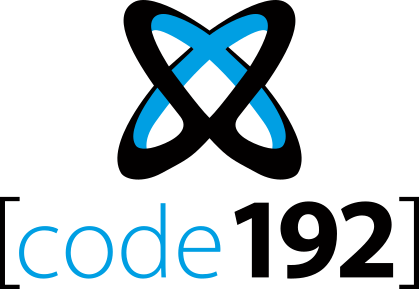Timed triggers can be defined in several ways depending on the desired time scale.
You can select a time scale from the corresponding tabs :
Minutes
Select a frequency in minutes :
You can also specify a “second”. This means that the trigger will happen when the second is equal to the selected second.
Example :
I configured “Every 5 minutes on second 10”.
This means the trigger will happen at :
- 11:00:10
- 11:05:10
- 11:10:10
- 11:15:10
- 11:20:10
- …
Hourly
Select a frequency in hours :
You can also specify a “minute” and a “second”. This means that the trigger will happen when the minute:second is equal to the selected minute:second.
Example :
I configured “Every 12 hours on minute 5 and second 15”.
This means the trigger will happen at :
- 2019-10-28 at 11:05:15
- 2019-10-28 at 23:05:15
- 2019-10-29 at 11:05:15
- 2019-10-29 at 23:05:15
- …
Daily
Select a frequency in days :
You can also specify a “hour”, a “minute” and a “second”. This means that the trigger will happen when the hour:minute:second is equal to the selected hour:minute:second.
Example :
I configured “Every 1 day on hour 8 on minute 30 and second 15”.
This means the trigger will happen at :
- 2019-10-01 at 08:30:15
- 2019-11-01 at 08:30:15
- 2019-12-01 at 08:30:15
- …
Weekly
Select desired days of the week :
You can also specify a “hour”, a “minute” and a “second”. This means that the trigger will happen when the hour:minute:second is equal to the selected hour:minute:second.
Example :
I configured “Every Monday and Wednesday on hour 9 on minute 30 and second 20”.
This means the trigger will happen at :
- Monday 2019-10-07 at 09:30:20
- Wednesday 2019-10-09 at 09:30:20
- Monday 2019-10-14 at 09:30:20
- Wednesday 2019-10-16 at 09:30:20
- …
Monthly
Select desired day of the month :
You can also specify monthly frequency, a “hour”, a “minute” and a “second”. This means that the trigger will happen every X months when the hour:minute:second is equal to the selected hour:minute:second.
Instead of a day number, you can also select “Last day”, which will always be the last day of the month.
Example :
I configured “On day #2, every 1 month on hour 9 on minute 30 and second 20”.
This means the trigger will happen at :
- 2019-10-02 at 09:15:30
- 2019-11-02 at 09:15:30
- 2019-12-02 at 09:15:30
- 2020-01-02 at 09:15:30
- …
Advanced
For more complex trigger expressions, you can use CRON expressions
The supported expressions are documented here : https://www.quartz-scheduler.net/documentation/quartz-3.x/tutorial/crontrigger.html
Data condition
To add a Data Condition, select the desired type :
- Add logical condition : this allows to compare a widget field value to a target for example
- Add field value watcher : this allows to follow a field value over time
Logical Condition
Field value watcher
=========================================
condition add logical condition
add field value watcher
configure criteria for combining conditions
list conditions
remove condition
logical condition select widget from dashboard
select truth criteria
configure comparison with Field, Operator, Const
configure comparison with Field, Operator, Field
combine comparisons with boolean operators : add/remove branches, add child comparison or boolean operator
filter condition with Field, Operator, Const
filter condition with Field, Operator, Field
field value watcher select widget from dashboard
select field from widget
watch value changes
watch value does not change
configure deadband with widget date/time field
configure change thresholds low/high, in absolute or percentage of value
filter condition with Field, Operator, Const
filter condition with Field, Operator, Field









Post your comment on this topic.